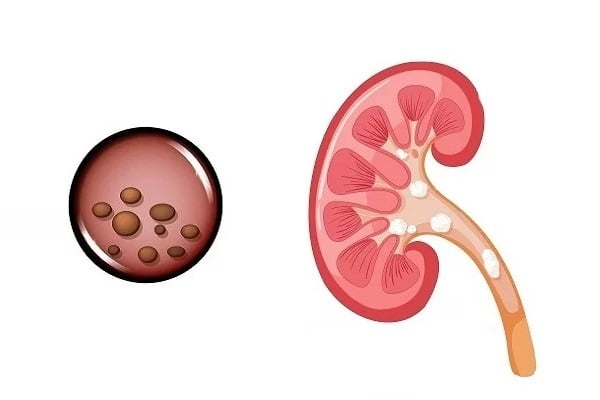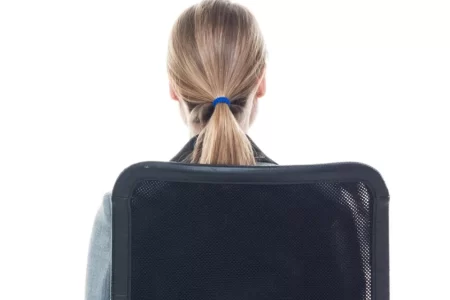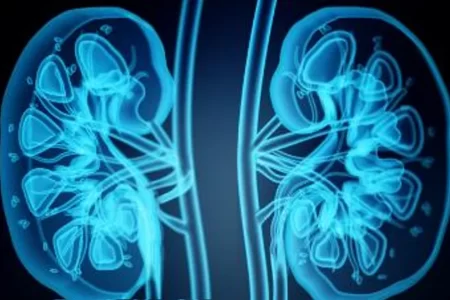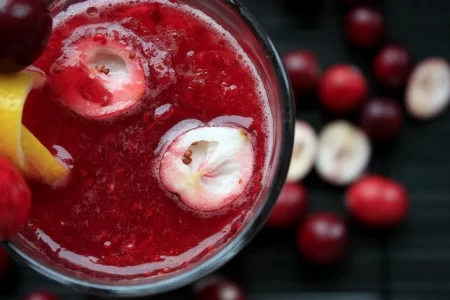Understanding the Process of Passing a Kidney Stone: A Guide
- Updated on: Jan 24, 2024
- 4 min Read
- Published on Mar 2, 2023

Kidney stones are hard, mineral deposits that form in the kidneys. They are commonly made up of calcium and oxalate, but can also contain other substances such as uric acid. These stones can range in size from a grain of sand to a golf ball and can cause severe pain and discomfort as they move through the urinary tract. The prevalence of kidney stones has been increasing in recent years, affecting approximately 1 in 10 people at some point in their lifetime. This highlights the importance of understanding the causes, symptoms, and treatment options for kidney stones.
Understanding Kidney Stones
Understanding Kidney Stones is crucial for effective prevention and treatment. Kidney stones are formed when the urine contains high levels of certain minerals that stick together and form clumps. These stones can range in size and cause varying degrees of discomfort and pain as they move through the urinary tract. The main causes of kidney stones include a diet high in salt and animal protein, dehydration, and certain medical conditions such as gout. It is important to be aware of the symptoms of kidney stones, which can include intense pain in the lower back, side, or groin area, nausea, vomiting, and frequent urination. Early diagnosis and treatment can prevent complications and improve the chances of passing stones without medical intervention.
The Process of Passing a Kidney Stone
A. How Kidney Stones Move: Kidney stones move through the urinary tract by the action of muscles in the ureter and bladder. They typically start in the kidney and travel down the ureter towards the bladder, where they can be passed through urine.
B. Timeframe for Passing Kidney Stones: The length of time it takes to pass a kidney stone can vary depending on the size of the stone and the individual’s anatomy. On average, it can take several days to several weeks for a small kidney stone to pass. Larger stones may take several months or require medical intervention.
C. Factors that Affect the Speed of Passing Kidney Stones: The speed at which a kidney stone passes is influenced by various factors such as the size of the stone, the individual’s anatomy, fluid intake, and the type of stone. Drinking plenty of water can help flush the stone out of the body more quickly, while certain types of stones may require medical intervention to remove.
D. Pain Management during the Process: The process of passing a kidney stone can be very painful. Over-the-counter pain relievers, such as ibuprofen or acetaminophen, can help manage the discomfort. In some cases, prescription pain medications may be needed. It is important to consult a healthcare provider for guidance on pain management during the process of passing a kidney stone.
Medical Treatment for Kidney Stones
A. Medical Procedures for Removing Kidney Stones:
- Extracorporeal Shock Wave Lithotripsy (ESWL): A non-invasive procedure that uses sound waves to break up the kidney stone into smaller pieces.
- Ureteroscopy: A procedure where a small scope is inserted into the ureter to locate and remove the kidney stone.
- Percutaneous Nephrolithotomy: A surgical procedure where an incision is made in the back to access and remove the kidney stone.
B. Medications for Managing Kidney Stones:
- Alpha-blockers: A type of medication that can help relax the muscles in the ureter and allow stones to pass more easily.
- Pain Medications: Over-the-counter pain relievers, such as ibuprofen or acetaminophen, can help manage discomfort during the passing of a kidney stone.
C. Factors that Determine the Need for Medical Treatment:
- Size of the stone: Larger stones may require medical intervention to remove.
- Location of the stone: If the stone is lodged in a specific location, it may need to be removed.
- Pain and Discomfort: If the pain and discomfort of passing a kidney stone is too severe, medical intervention may be necessary.
Home Remedies for Passing Kidney Stones
A. Staying Hydrated: Drinking plenty of water is one of the most effective home remedies for passing kidney stones. This helps flush the stones out of the body and prevent new stones from forming.
B. Pain Management: Over-the-counter pain relievers, such as ibuprofen or acetaminophen, can help manage the discomfort of passing a kidney stone.
C. Diet Changes: Limiting foods that are high in salt, animal protein, and calcium can help prevent new stones from forming. Eating foods that are rich in citric acid, such as lemons and limes, can also help dissolve existing stones.
D. Herbal Remedies: Some herbal remedies, such as chancapiedra and uva ursi, may help dissolve and prevent the formation of kidney stones.
Prevention of Kidney Stones
A. Staying Hydrated: Drinking plenty of water is one of the most effective ways to prevent kidney stones from forming. This helps flush out excess minerals that can form stones.
B. Healthy Diet: Limiting foods that are high in salt, animal protein, and calcium can help prevent new stones from forming. Eating a diet that is rich in fiber, fruits, and vegetables can also help reduce the risk of developing stones.
C. Avoiding Certain Medications: Certain medications, such as calcium-based antacids and diuretics, can increase the risk of developing kidney stones. It is important to speak with a healthcare provider about alternative options if taking these medications.
D. Maintaining a Healthy Weight: Being overweight or obese can increase the risk of developing kidney stones. Maintaining a healthy weight through diet and exercise can help reduce the risk.
FAQs
What causes kidney stones to form in the first place?
Kidney stones form when certain substances in urine, like calcium and oxalate, become concentrated, leading to crystal formation. Dehydration and certain dietary habits can contribute to this process.
Is passing a kidney stone painful?
Yes, passing a kidney stone can be excruciating. The pain is typically caused by the stone moving through the urinary tract and can vary in intensity based on the stone's size and location.
Can lifestyle changes prevent kidney stones?
Adopting a healthy lifestyle, including staying hydrated, maintaining a balanced diet, and managing weight, can reduce the risk of kidney stone formation.
How long does it take to pass a kidney stone?
The time it takes to pass a kidney stone varies. Smaller stones may pass within a few days, while larger ones might require medical intervention.
Are there warning signs that a kidney stone is about to pass?
Yes, signs include changes in urine color, increased urgency to urinate, and mild discomfort. Consult a healthcare professional if you experience severe pain or other concerning symptoms.












